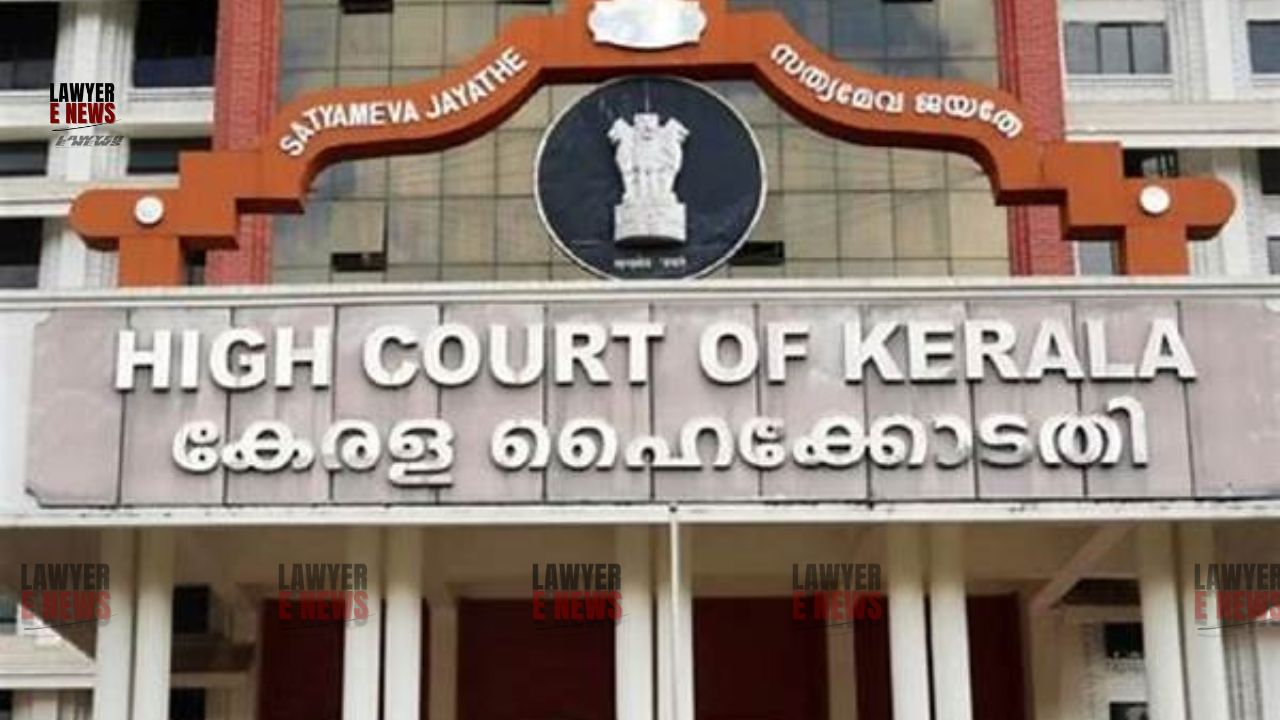-
by Admin
18 February 2026 2:49 AM



Kerala High Court has reiterated that a plaintiff who defaults on a contract is still entitled to the return of advance consideration unless the defendant proves actual damages. Division Bench of Justice Sathish Ninan and Justice Shoba Annama Eapen ruled in favour of the plaintiff, setting aside the trial court’s partial decree and holding that the plaintiff was entitled to recover the full advance of ₹85 lakhs, with interest.
The Court held, "Law Is well settled that even if the plaintiff-purchaser is in breach of the agreement for sale, he is entitled for return of the advance sale consideration paid unless the defendant-vendor proves that he has sustained any damages consequent to the breach” citing Ahammedkutty Bran v. Sukumaran [2024 (3) KHC 494].
The case originated from an agreement to sell dated 09.12.2013, under which the plaintiff agreed to purchase the plaint ‘A’ schedule property for ₹1,79,50,000. The consideration was to be discharged partly by transferring another property valued at ₹50 lakh and paying ₹1,29,50,000 in cash. Over time, the plaintiff paid ₹85 lakh as advance. Disputes arose when the plaintiff alleged that the defendant failed to convince him of the property’s extent and title, resulting in the filing of the suit for recovery of the advance amount.
The trial court found the plaintiff in breach but acknowledged that the defendant had failed to prove damages. Nonetheless, the court arbitrarily deducted ₹10 lakh, granting a decree for ₹75 lakh only.
The defendant alleged losses due to the plaintiff’s breach, claiming that he shut down his coffee hulling mill, dismantled the power connection, sold machinery, and suffered economic losses.
However, the High Court noted, “There is total lack of evidence on the above claims.”
The Court further observed, ”Ext.A2 is the notice issued by the defendant to the plaintiff on 21.10.2014. Therein there is no claim regarding any damages.”
Rejecting the trial court’s approach, the High Court remarked, “Evidently the finding of the trial court cannot be sustained. There is no basis upon which the court arrived at and awarded damages of ₹10 lakhs.”
The Bench clarified that damages cannot be presumed without proof and refused to indulge in “guess work” as done by the lower court.
The Court also discussed the plaintiff’s entitlement to interest. The defendant argued that since the plaintiff was the defaulting party, no interest should be allowed. The Court referred to M/s. Tomorrowland Ltd. V. HUDCO (2025 INSC 207) where interest was denied owing to abusive conduct. However, distinguishing the present case, the Court held, “It is not in dispute that no such allegations could be raised against the conduct of the plaintiff in the present case.”
The Court further noted that, ”The defendant as DW1 has admitted that he has invested the amount in other ventures. The defendant having had the benefit of enjoyed/utilised the amount of ₹85 lakhs, is bound to pay reasonable interest upon the same.”
Taking into account the unexplained delay by the plaintiff in filing the suit after breach, the Court held that interest would be payable only from the date of the suit (31.08.2017) at the rate of 6% per annum. It was also noted that ₹75 lakh had already been deposited by the defendant in execution proceedings and withdrawn by the plaintiff, hence, interest on this part would accrue only until the date of deposit.
Setting aside the trial court’s decree, the Court ordered, “The plaintiff is entitled to realise the entire advance sale consideration of ₹85 lakhs with interest at the rate of 6% per annum from date of suit till recovery.”
In a significant comment, the Court emphasized, “When plaintiff is found to be the defaulting party in the contract, it is injustice on the part of the court to direct the defendants to refund the entire amount without considering their loss and sufferings. However, in the absence of a determined amount, this court is constrained to do a guess work” — but rejected the trial court’s reliance on guesswork as legally unsustainable without evidence.
In another crucial remark, the Court cautioned against arbitrary deductions by lower courts stating, “Such conduct would amount to breach of the agreement” referring to the defendant’s unilateral demolition of structures without evidence.
Date of Decision: 01 April 2025
